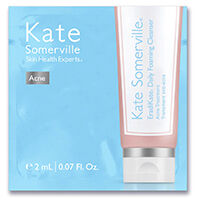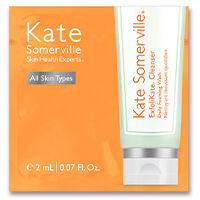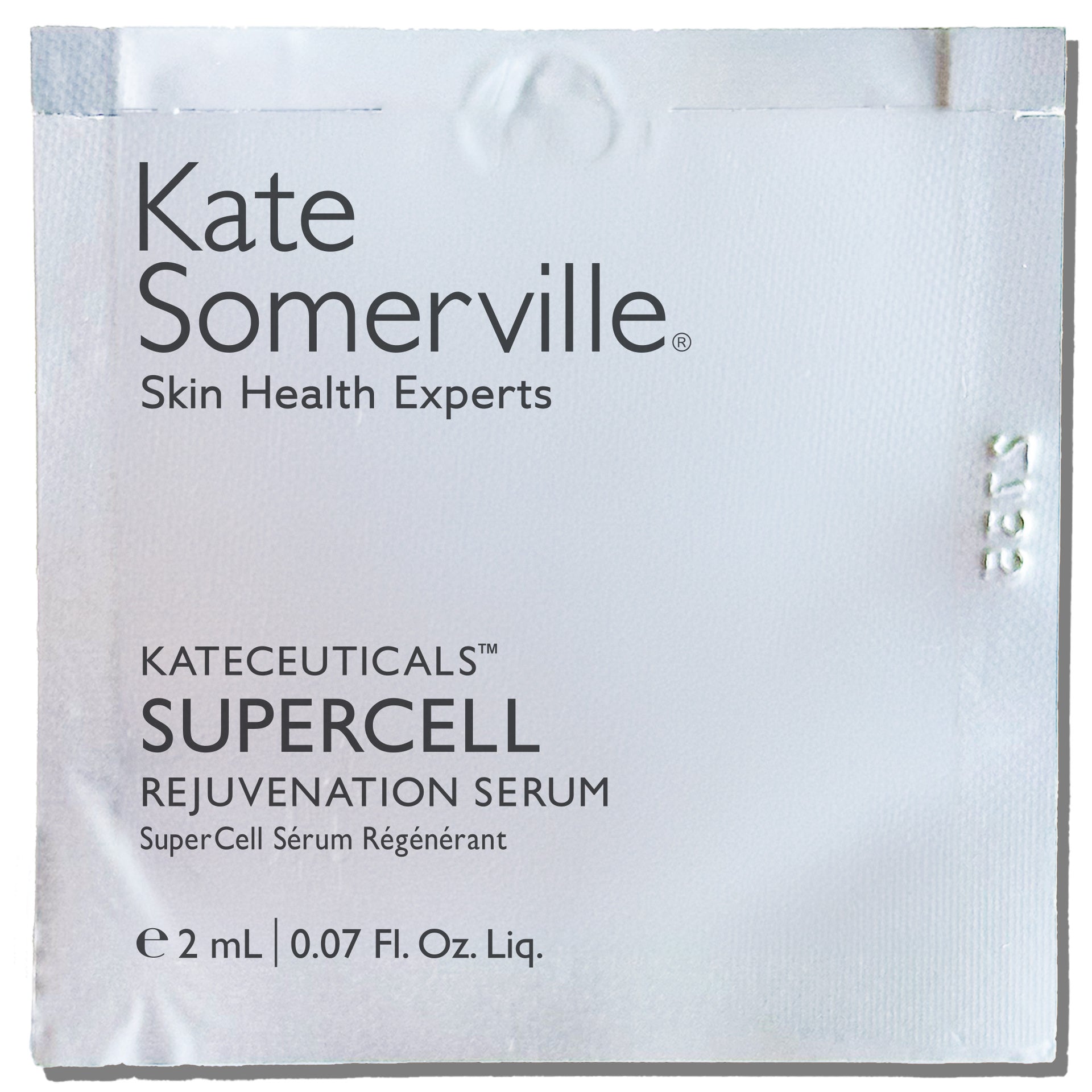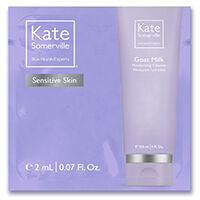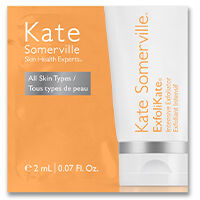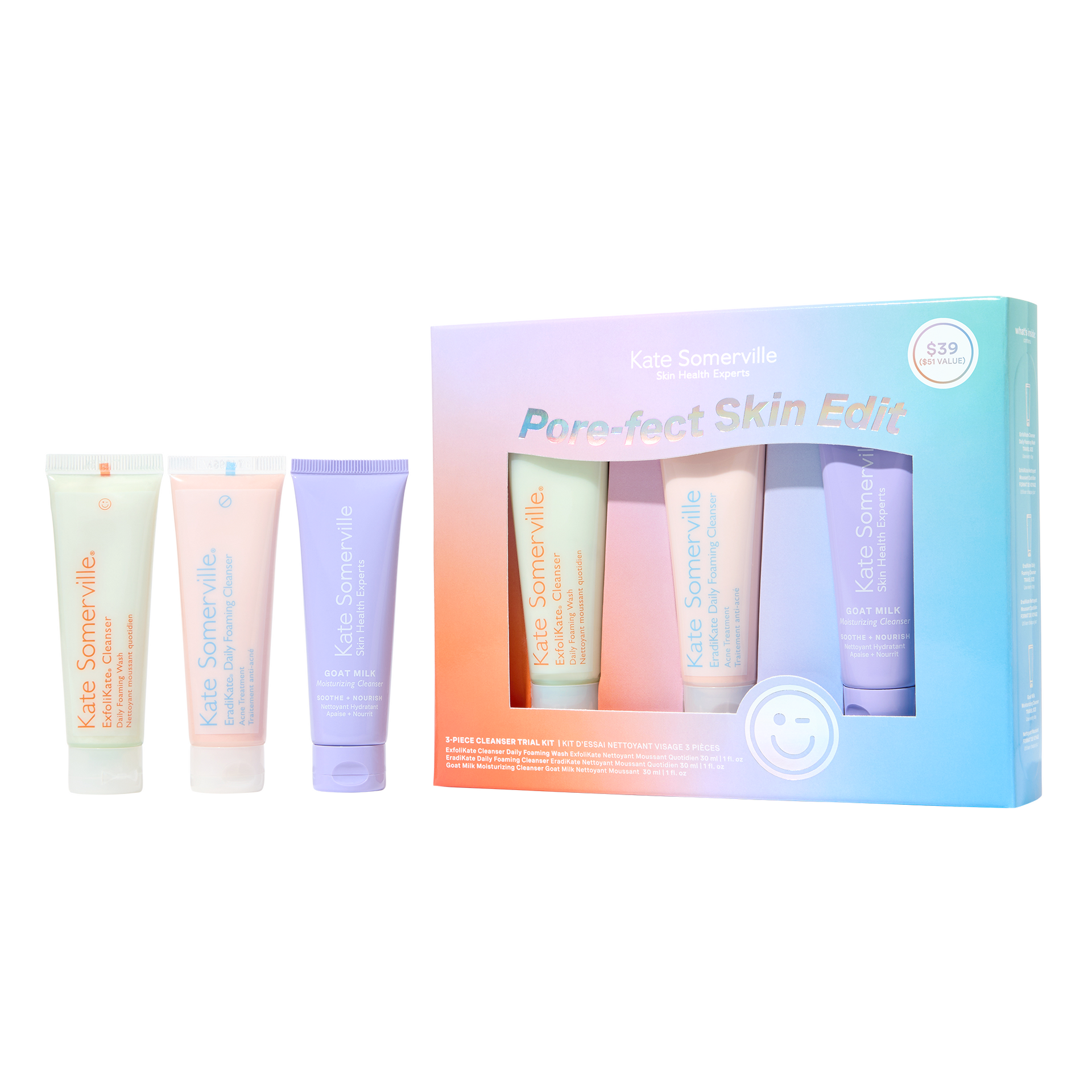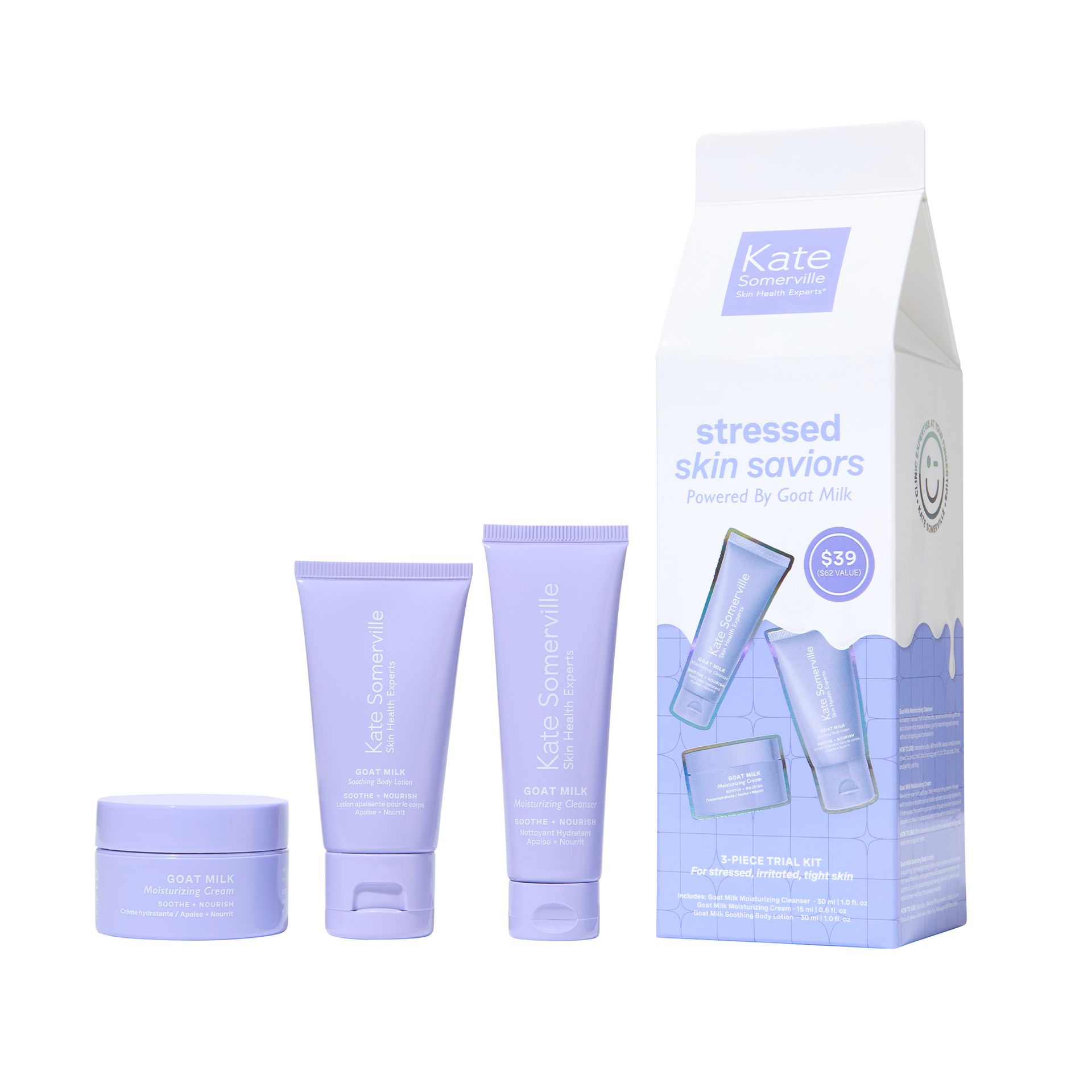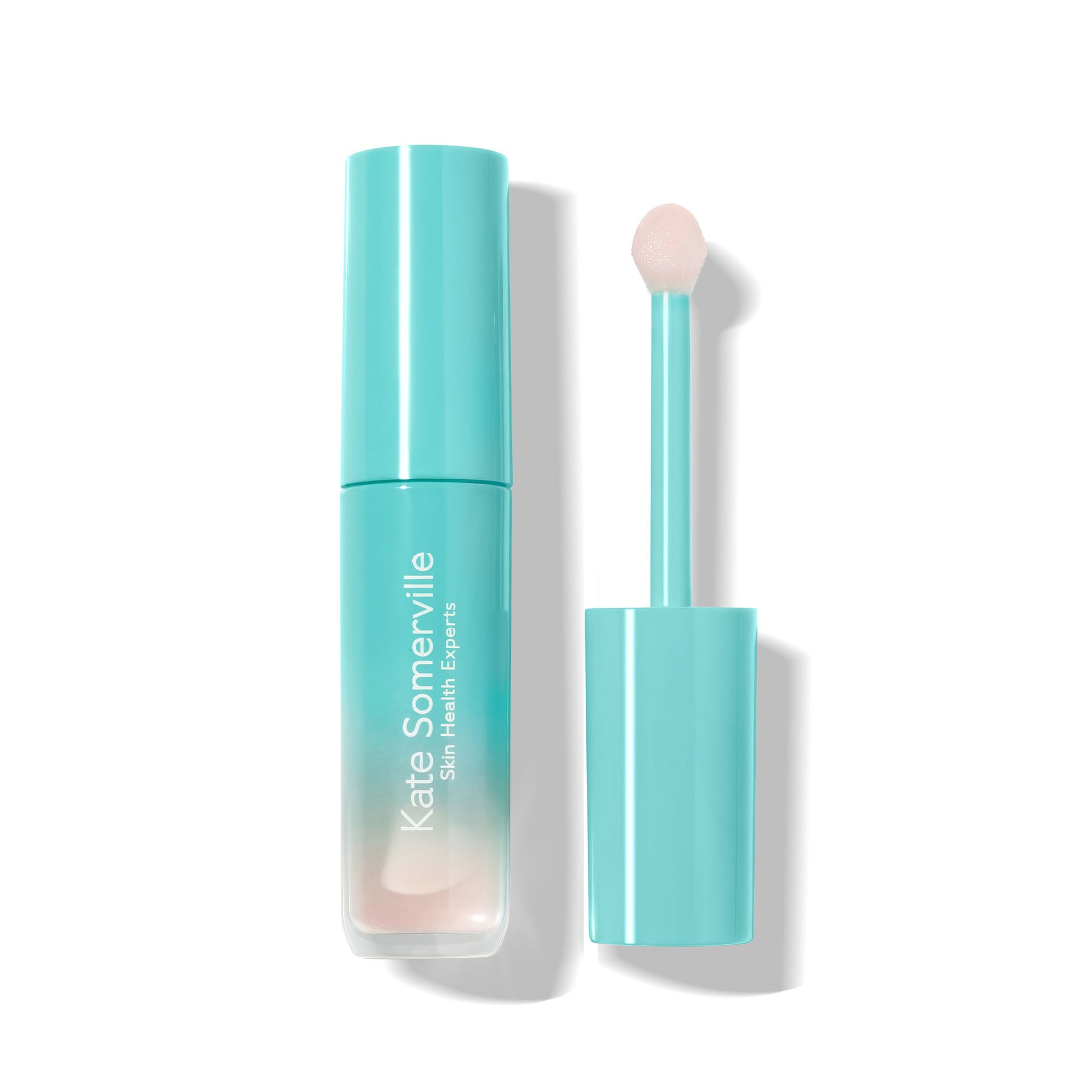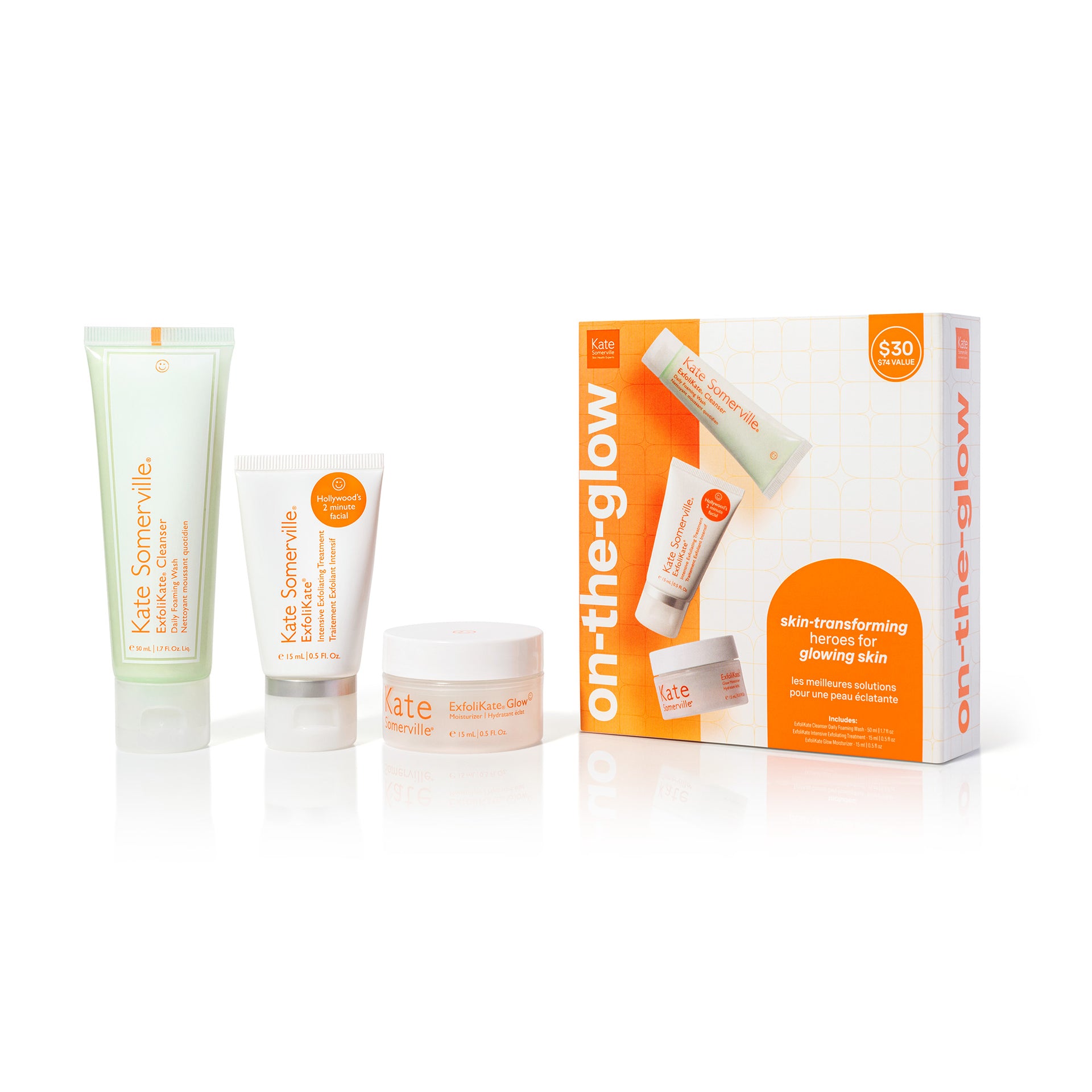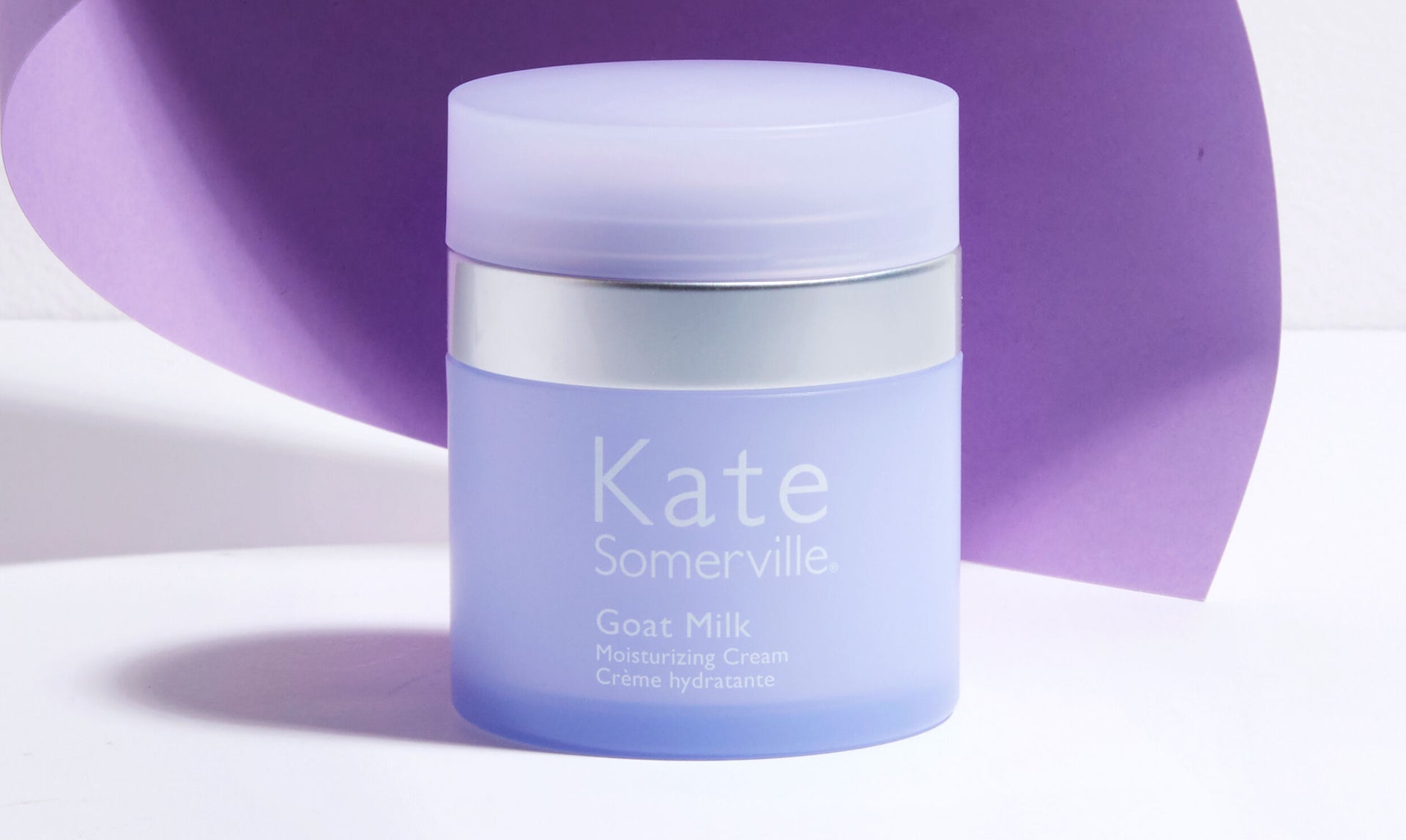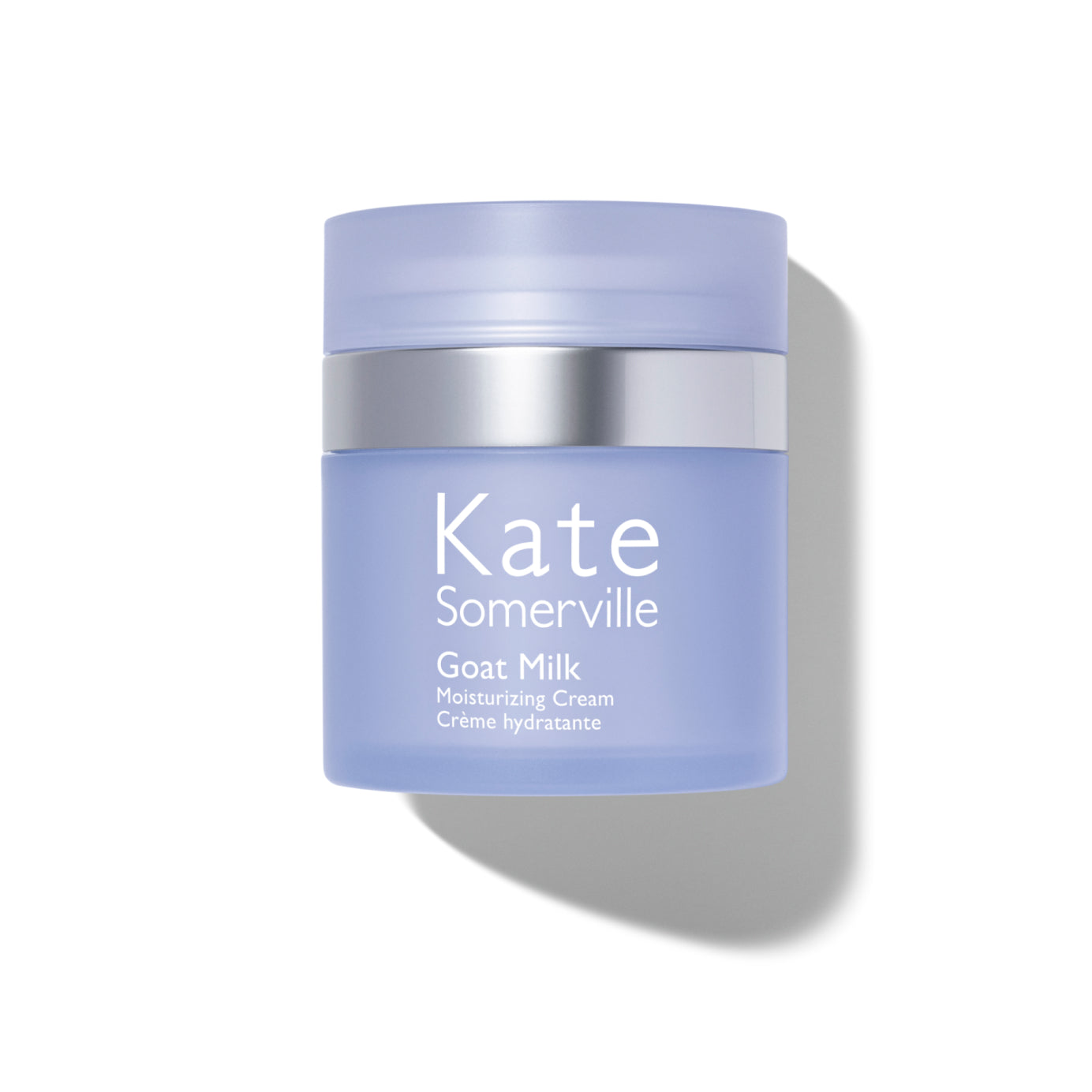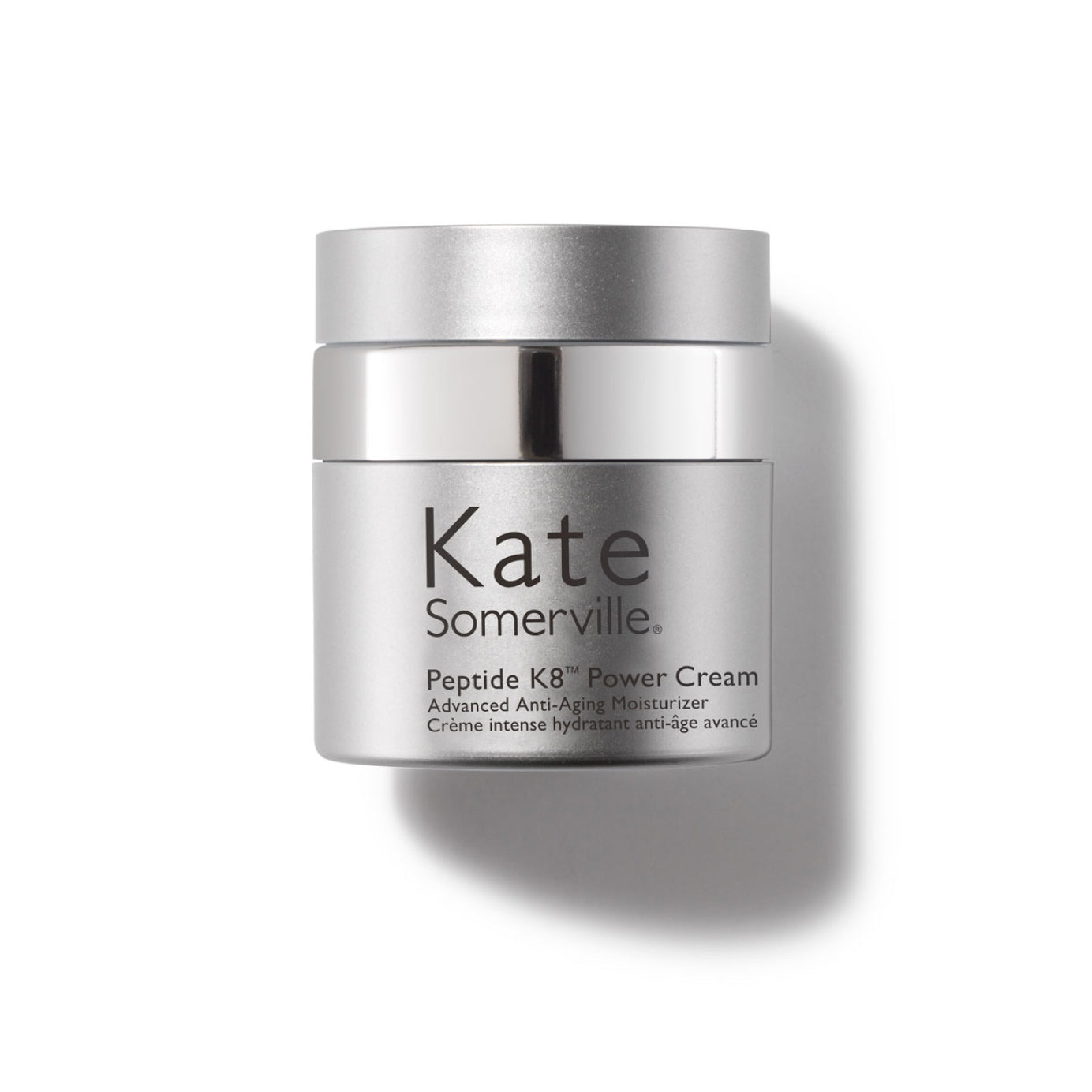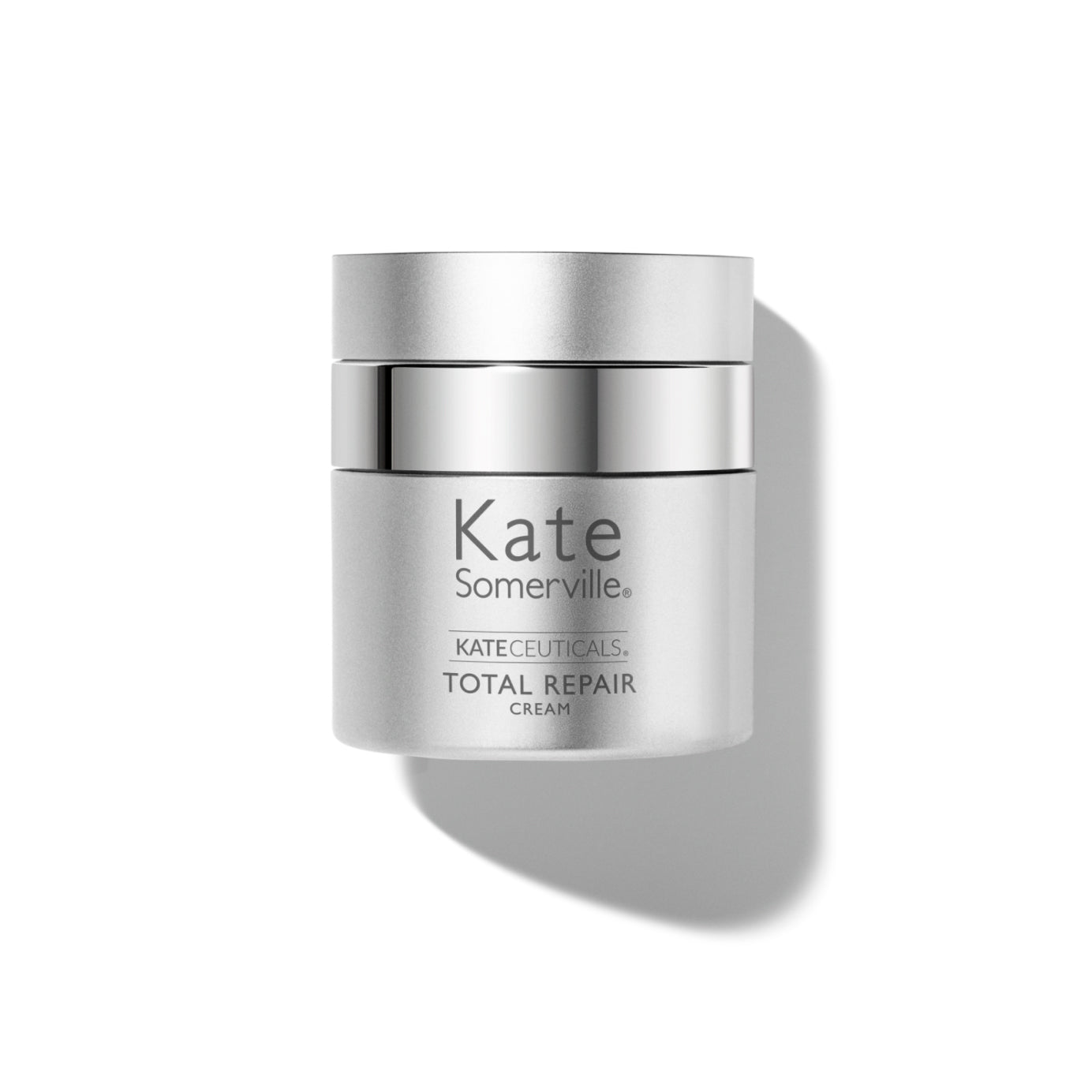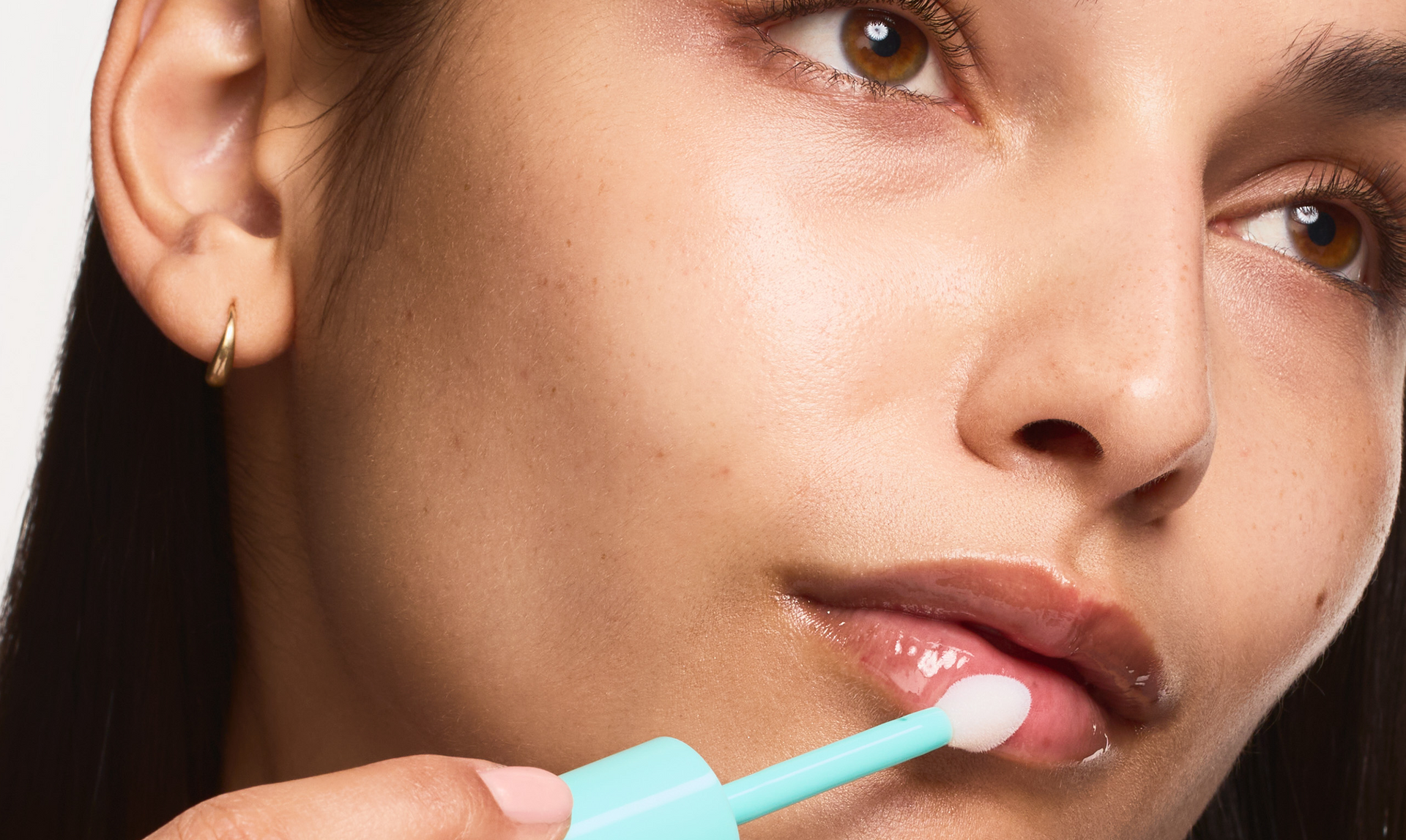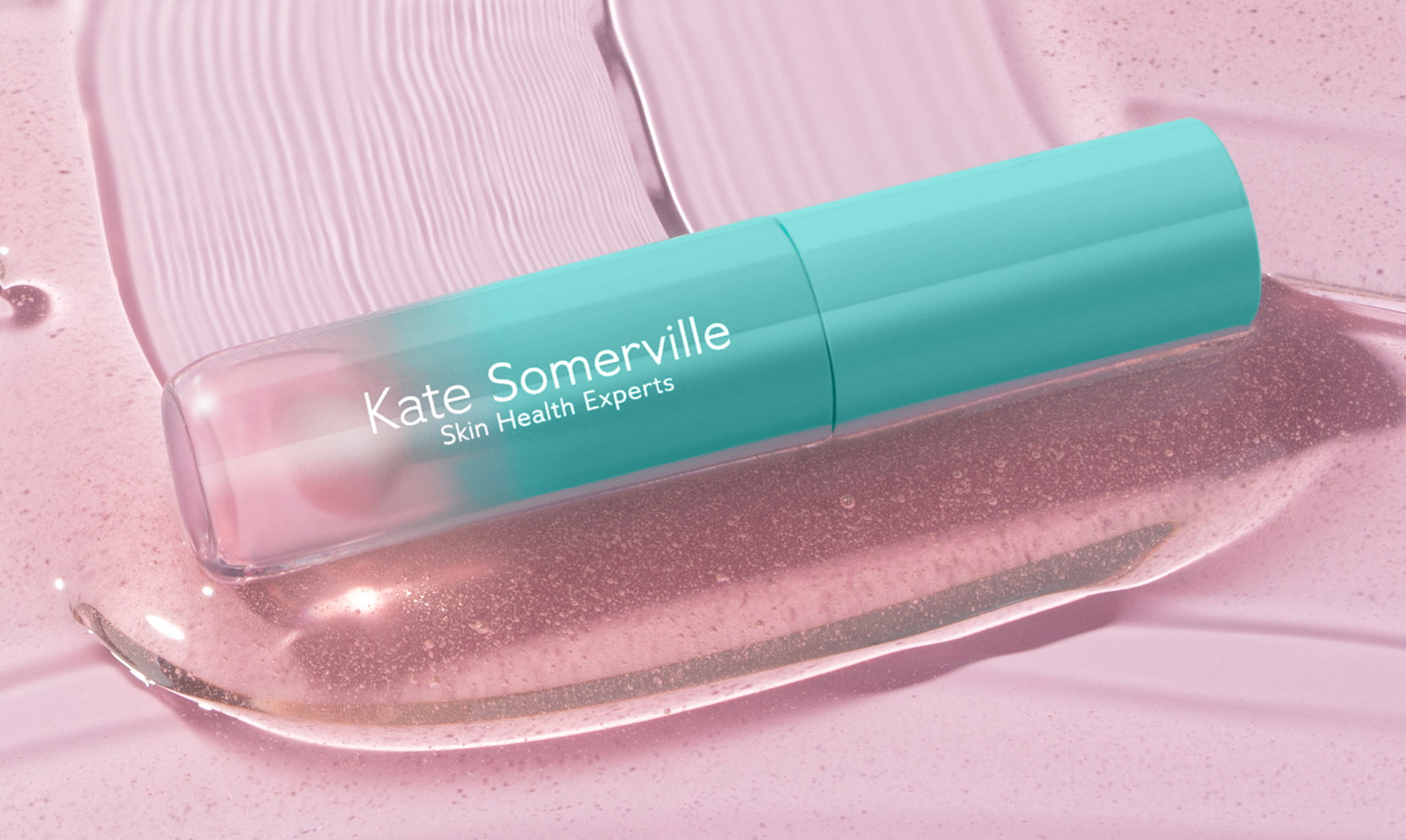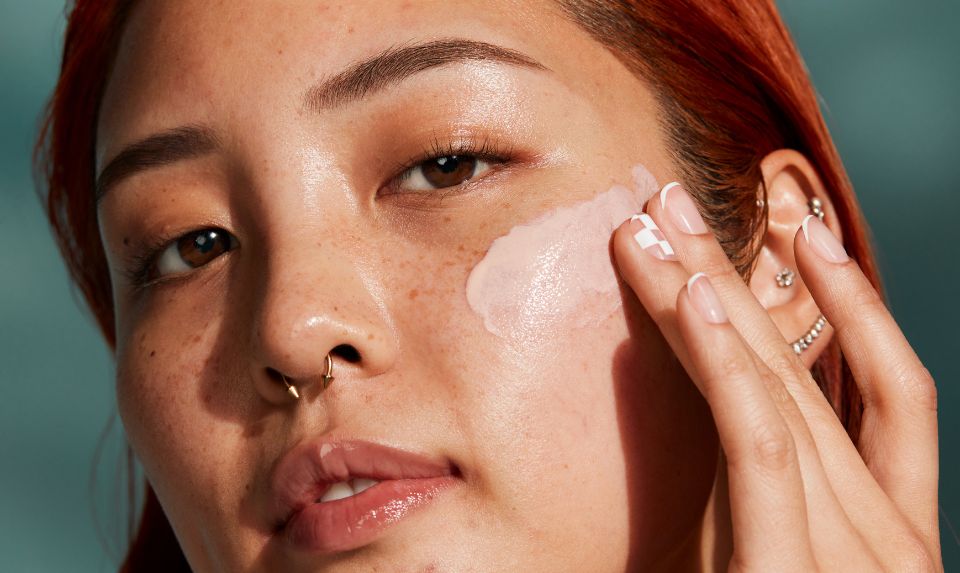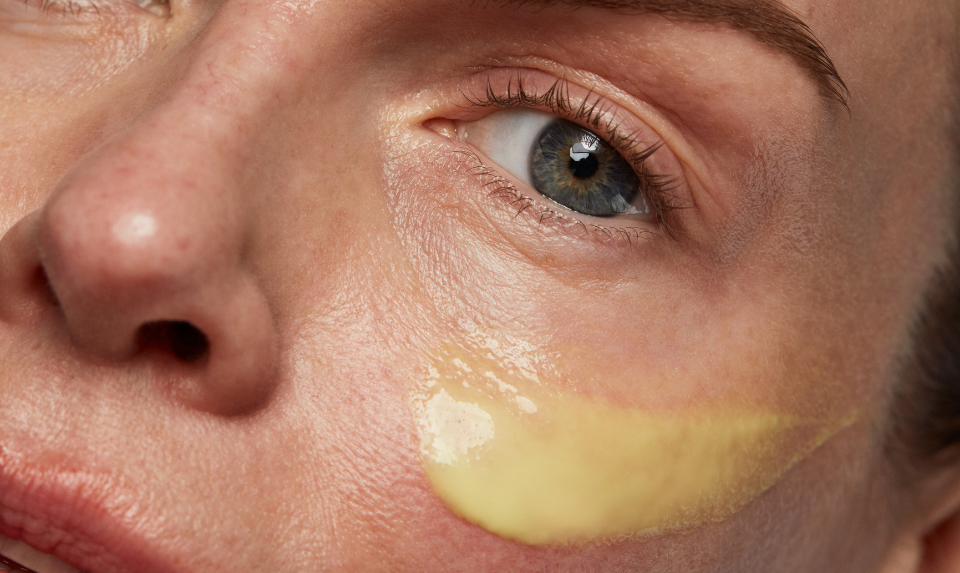Lately, it seems like face oils and oil-based skin products are everywhere. As these products enter the spotlight, you may find yourself wondering if they live up to the hype. Over the years, many skin-related research studies have supported the use of facials oils, especially when added to an everyday skincare routine.
A question like “Why is my skin so dry even when I moisturize?” might’ve crossed your mind and you might be thinking of adding a face oil to help with the dryness. While face oils have moisturizing benefits, does that mean you can give up your night cream altogether? At the Kate Somerville Skin Health Experts Clinics in Los Angeles and New York, we talk to people every day about their specific skin concerns. And we get asked this question a lot. Below, our Skin Health Experts address the differences between popular moisturizing ingredients and how they affect different skin types.
Can Face Oil be Used to Replace Moisturizer?
When used correctly, facial oils can be great for your skin. However, it's important to remember that oil and water do not mix. When you apply too much oil to your skin, it can actually stop it from soaking up the moisture in other products. Healthy and moisturized skin requires a balance of many factors, and while face oil has many benefits, it should be used in moderation. Facial oils work well to smooth and soothe skin while keeping essential hydration locked in. However, they do not replace the other necessary ingredients required for a healthy moisture barrier. So while we don't recommend replacing your moisturizer with a face oil, we do suggest using one to supplement an already established skincare routine.
What is Skin's Natural Moisture Barrier Made of?
Everyone has a natural moisture barrier built into the top layer of skin. This barrier is the body's way of protecting skin from environmental and external irritants like mold, bacteria, and pollution. When our natural moisture barrier is healthy, our skin remains protected and strong. However, this barrier can weaken when our skin is neglected, leaving it unprotected and susceptible to irritation.
Our skin naturally produces an oil known as sebum, and while many people think sebum is responsible for a healthy moisture barrier, it's a little more complex than that. Healthy and hydrated skin comes from a combination of water, cholesterols, free fatty acids, ceramides, and slightly acidic ph levels.1 Though a healthy diet and lifestyle can help keep these factors balanced, sometimes our skin needs a bit of extra help. A great moisturizer like the Kate Somerville Goat Milk Moisturizing Cream or Peptide K8™ Power Cream contains a combination of all of these factors and can help mimic the skin's natural moisture barrier, keeping it healthy-looking, hydrated, and protected.
Face Oils
So, how does face oil come into play? Facial oils are specific types of oils that can be derived from plants or created synthetically. When choosing a facial oil, we recommend sticking to plant-based oils like rosehip oil, jojoba oil, argan oil, and coconut oil.
Despite their name, you can apply face oil anywhere on the face or body. It can be used after your moisturizer to seal in hydration or applied directly on your skin as a base for the rest of your products.2
Facial oils are also an excellent way to give your skin a little bit of slip, allowing you to use massage tools such as gua sha, face rollers, and suction cups correctly. Adding facial oil to your skincare routine is also beneficial if you struggle with dry, flaky, or dehydrated skin, and using a face moisturizer isn't enough. So rather than searching for a new moisturizer, try applying facial oil to your routine and note the difference. If the right oil is used, your skin will most likely feel softer, smoother, and more protected.
If you have more sensitive skin or oily skin, face oils can sometimes cause clogged pores and contribute to acne. Try oils that are non-comedogenic like rosehip seed oil or jojoba oil.
Face Moisturizers
The right moisturizer will improve your skin's natural protective barrier, boost elasticity, and keep it youthful-looking. Most skincare professionals recommend using a moisturizer twice daily, once in the morning and once at night after cleansing, hydrating and applying any serums. While your skincare routine should be unique to your skin's needs, we recommend applying moisturizer before facial oils, sunscreen, and makeup. If your mornings are a bit short on time, you can speed up your AM skincare routine by choosing a product like KateCeuticals™️ Total Repair Cream, which has the hydrating benefits of a moisturizer and anti-aging benefits of facial oil all in one cream.
Combining Face Oils and Face Moisturizers
Though face oils offer several skin-boosting properties, they're best used in combination with a moisturizer. Applying a moisturizer before a facial oil allows skin to soak up the nourishing ingredients in your cream. Your facial oil will help keep that hydration in and protect your skin from outside irritants. While face oils should not be used in place of moisturizers, they can help supplement them and improve the effectiveness of your skincare routine to boost skin hydration and give you healthy-looking skin.
Sources:
- https://www.ncbi.nlm.nih.gov/pmc/articles/PMC5608132/
- https://www.ncbi.nlm.nih.gov/pmc/articles/PMC5796020/

